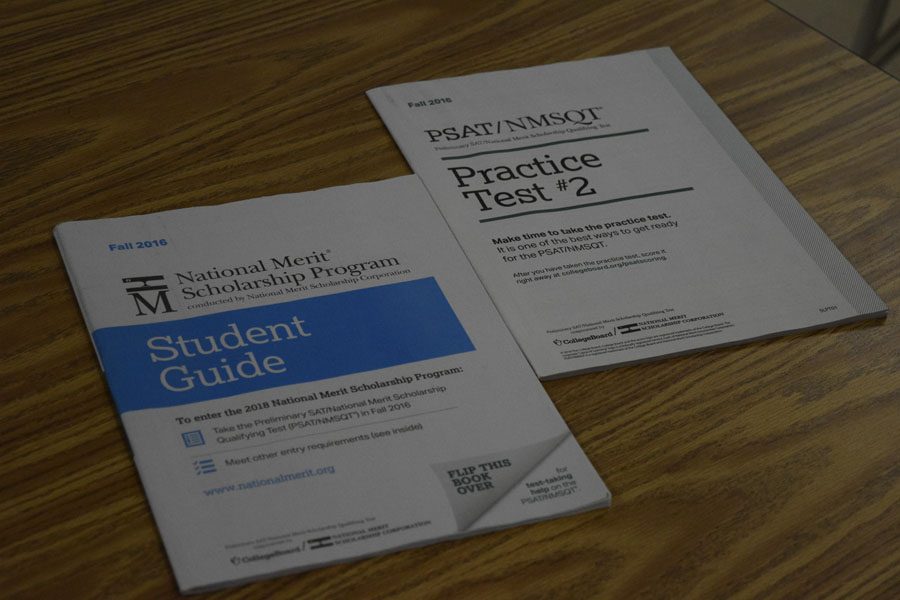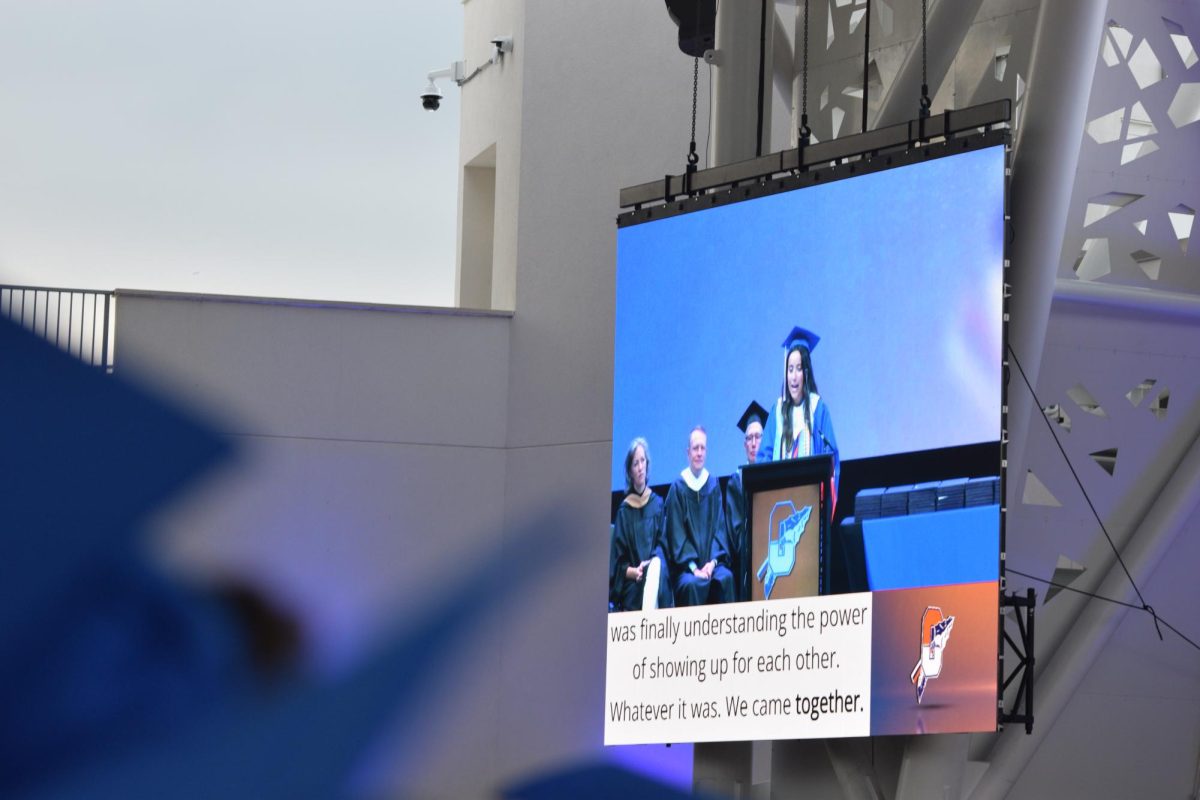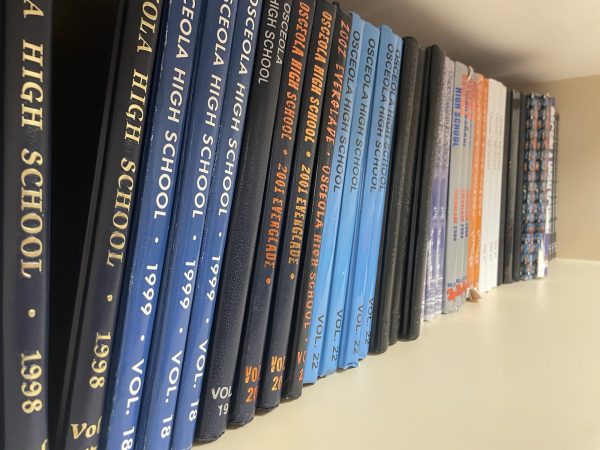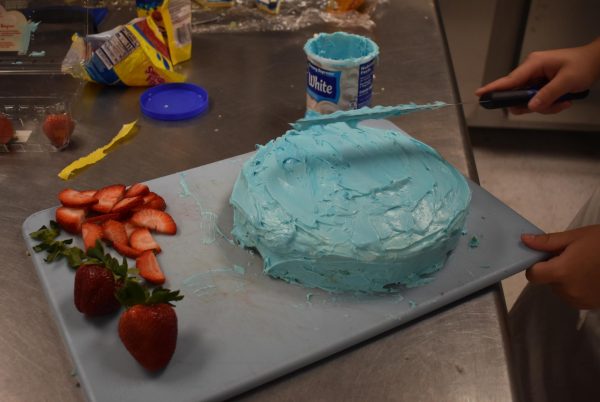PSATs: A bust or a must?
September 23, 2016
OPINION
According to Osceola’s school website, “all freshmen and sophomores will take the [PSAT/NMSQTs] unless parents sign and return the Opt Out portion of the letter sent home,” which was due on September 2nd. As for the upperclassmen, “juniors [had to] register and pay $15 in the cafeteria [by September 2nd as well].”
“PSATs are a good idea for those who are going to take the SAT, and a great idea for any student who wants to pursue a National Merit Scholarship. I mean, who doesn’t want free college tuition in the U.S.?” says English teacher Mr. Martens. “The PSATs are a good predictor of how well a student will do on the SAT, which in turn is a predictor of college success; it’s an aptitude test, not a knowledge based test.”
I have signed up for the PSATs on October 19th, and have recently purchased my own PSAT study booklet, which encompasses all the core subjects on the actual SAT, such as Math and Reading & Writing. Due to the fact that, for juniors, a passing (and academically admirable) PSAT score admits them into a competition for the National Merit Scholarship, I decided paying the $15 was well worth it, since during this year I have to start delving into the nerve-wracking realm of college applications and college grants. Other juniors of the class of 2018 have similarly signed up for the PSAT with parallel motives.
“It’s a great opportunity to practice for the SAT, and to get you used to the timeframe and questions,” says junior Amanda Cooke. “I’m signed up because I want to be prepared for my SAT this year, and I am studying with Khan Academy online.”
The PSAT/NMSQT is a significant prospect for all high school students, whether one is a bewildered, just-learning-the-ropes freshman or an Oh-My-God-I’m-a-junior-and-I-need-college money-and-I’ll-get-it-any way-I-can upperclassman. Not only does it provide practice for the foreboding senior year SATs, but it also allows students to experience firsthand the trepidation of a Pinellas County administered exam.
Mr. Martens says, “Any student who wishes to know their strengths and weaknesses in academics gets a good assessment of their aptitude via the PSAT. We can use the data from the PSAT to help students choose courses that they may have success in that they don’t know about or that they wouldn’t normally want to take. I recommend that any student sign up to take the test the year before they are going to take the SAT. We usually want students to start taking the SATs in their junior year, so we like sophomores to take the test.”
The PSAT/NMSQTs are available and waiting for students to seize their own scholarly distinction. I say, the PSATs are a must, not a bust. And, “seriously, who doesn’t want free college tuition?” (Mr. Martens)






